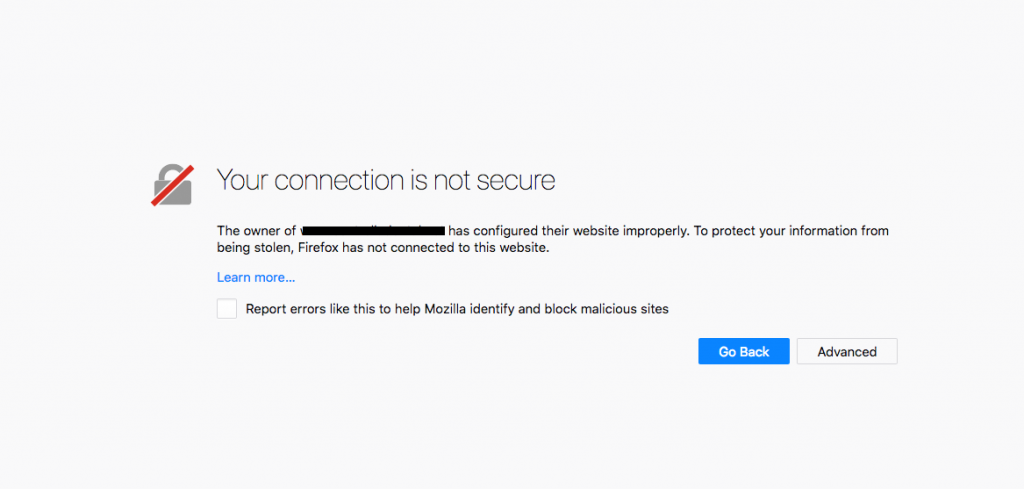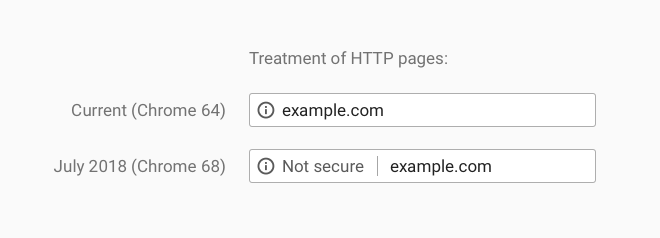It’s 2018 and the internet isn’t going anywhere – that means hackers aren’t going anywhere either!
So what can an SSL do to help you?
What is an SSL?
SSL is short for Secure Sockets Layer, which is a level of security between your website files (your website) and the website browser (Chrome, Firefox, Internet Explorer, Safari, etc.). The SSL simply protects user information being passed through the website on any browser. The encryption through an SSL certificate ensures safe passage of user information such as names, passwords, credit card information, date of birth, etc.
Why Do You Need an SSL?
Even if you are not collecting information like credit card numbers and authorization through your website, you will need to install an SSL by July of this year. In October, Chrome announced that websites with SSL’s will be given an advantage in the search rankings over sites lacking an SSL. This alone is reason enough to move forward. If that doesn’t convince you, the update expected this summer should. Just last month, another update was announced stating that Chrome will alert the user of sites without SSLs by added a “not secure” message in the URL bar.
The most recent Chrome update seems far worse to me than the anticipated update in July. If your site does not have an SSL you could be losing customers and patients by the minute. This is the messaging currently showing on Chrome for sites without an SSL. You can see how this could negatively impact your business, right? The average user doesn’t know or understand this message and will likely hit the back button on Chrome faster than you can say “secure sockets layer”.

How Do You Install an SSL?
You can install an SSL through your domain registrar. If you are a client with ProDental, please contact your Client Manager to have the SSL installed on your website. There is a $500 install fee which ensures complete SSL certificate installation as well as a comprehensive site security check. SSL’s require annual renewals of $150.

